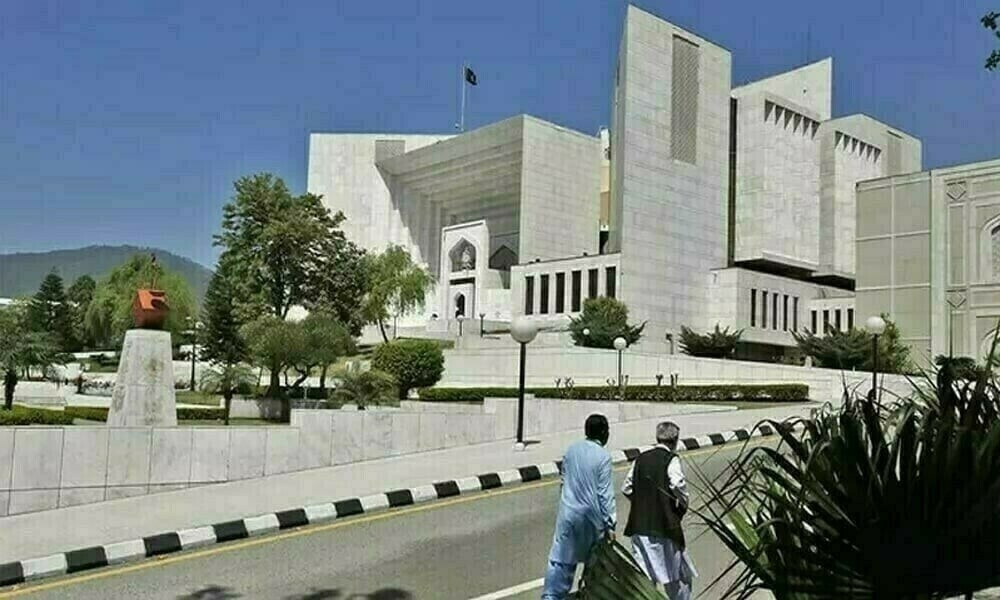ISLAMABAD: A rare public disclosure of internal Supreme Court correspondence has exposed a judicial rift over how to handle constitutional challenges to the 26th Amendment. Chief Justice Yahya Afridi’s recently released letter, accompanied by minutes of judges’ committee meetings from October 2024 to May 2025, reveals intense debate about whether the case required a full court hearing or a constitutional bench.
The controversy began when Justices Mansoor Ali Shah and Munib Akhtar, during CJP Afridi’s absence, convened a committee meeting on October 31, 2024, and scheduled the matter for a full court hearing on November 4. The Chief Justice strongly objected, asserting that Article 184(3) petitions must be heard by a constitutional bench. After consulting all 13 Supreme Court judges, CJP Afridi found nine supported his position, leading him to assign the case accordingly.
In his detailed response, CJP Afridi cited constitutional provisions—including Article 191A—and the 2023 Committees of Judges Act to justify his decision. He argued that convening a full court would not only be unnecessary but could also undermine judicial unity and invite public scrutiny. The documents show that while two judges persistently pushed for a full court hearing, the majority disagreed, with some providing written reasoning against the proposal.
The correspondence took a procedural turn when CJP Afridi received last-minute sealed letters from dissenting judges advocating for a full court. Choosing transparency, he placed these letters—along with his sealed responses—in the custody of the Judicial Commission’s secretary until their November 5 meeting. This unprecedented disclosure of internal judicial deliberations highlights the ongoing tension within Pakistan’s highest court as it navigates a politically sensitive constitutional challenge.



